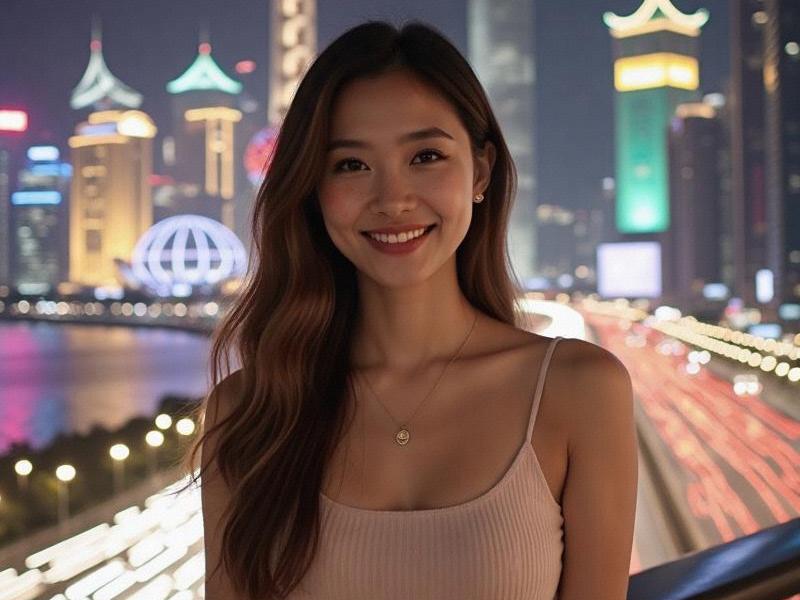This investigative feature explores how Shanghai's entertainment venues have transformed from traditional KTV parlors into globally competitive leisure destinations, blending Chinese hospitality traditions with cutting-edge technology and international luxury standards.

The Shanghai nightlife scene has undergone a metamorphosis that would astonish even its Jazz Age predecessors. Behind the glowing facades of establishments along the Bund and in Pudong's Lujiazui district lies an entertainment ecosystem that generated ¥112 billion in 2024, accounting for 18% of China's total night economy revenue.
The New Generation of Luxury Venues
Shanghai's entertainment landscape now features:
- "Cloud 9" in Jing'an: A 22-story vertical entertainment complex with AI-powered concierge services
- "Jade Dragon Club": Where traditional tea ceremonies meet molecular mixology
- "Neon Dreams KTV Palace": Featuring holographic performance stages and biometric song selection
- The "1921 Lounge": A painstaking recreation of Shanghai's golden era jazz clubs with period-accurate cocktails
These venues represent a shift from ostentatious displays of wealth to what industry analysts call "discreet luxury" - where the real status symbols are exclusive access and personalized experiences rather than bottle service minimums.
Technological Integration
上海龙凤419杨浦 Forward-thinking venues now incorporate:
1. Facial recognition VIP systems linked to Alipay profiles
2. Augmented reality menus that showcase drink ingredients in 3D
3. Smart temperature-controlled wine cellars with blockchain authentication
4. Holographic hostess systems that greet regulars by name
"The technology isn't just for show," explains Michael Chen, operations director at Muse Group. "It allows us to deliver service that remembers each guest's preferences down to their favorite ice cube shape."
Cultural Renaissance
Shanghai's entertainment venues have become curators of Chinese cultural experiences:
- "Opera Noir" combines Peking opera performances with cocktail pairings
上海贵族宝贝自荐419 - "Mahjong Modern" offers VR-enhanced traditional gaming
- The "Longtang Social Club" recreates 1930s Shanghai alleyway culture with period-accurate games and drinks
This cultural depth appeals to both domestic elites and international visitors seeking authentic Shanghainese experiences beyond the typical club scene.
Regulatory Navigation
The industry faces complex challenges:
- Strict noise ordinance enforcement in residential areas
- Digital monitoring of alcohol sales through unified invoicing systems
- Required "cultural content audits" for entertainment programming
- 2:00 AM last call policies strictly enforced through centralized POS systems
上海龙凤419
"Compliance has become our biggest operational challenge," admits Vivian Wang of Bar Rouge Group. Many venues now employ full-time "policy specialists" to navigate regulations.
The Future of Shanghai Nightlife
Emerging trends suggest:
- Growth of "dry entertainment" venues focusing on tea culture and wellness
- More members-only cultural salons replacing loud nightclubs
- Increased integration with hotel brands creating "stay-and-play" destinations
- Virtual reality extensions allowing home participation in live events
As Shanghai prepares to host the 2026 World Expo, its entertainment industry stands at a crossroads - balancing rapid innovation with cultural preservation, international appeal with local authenticity. The venues that will thrive are those that understand Shanghai's unique position as both guardian of Chinese traditions and pioneer of global nightlife's future.